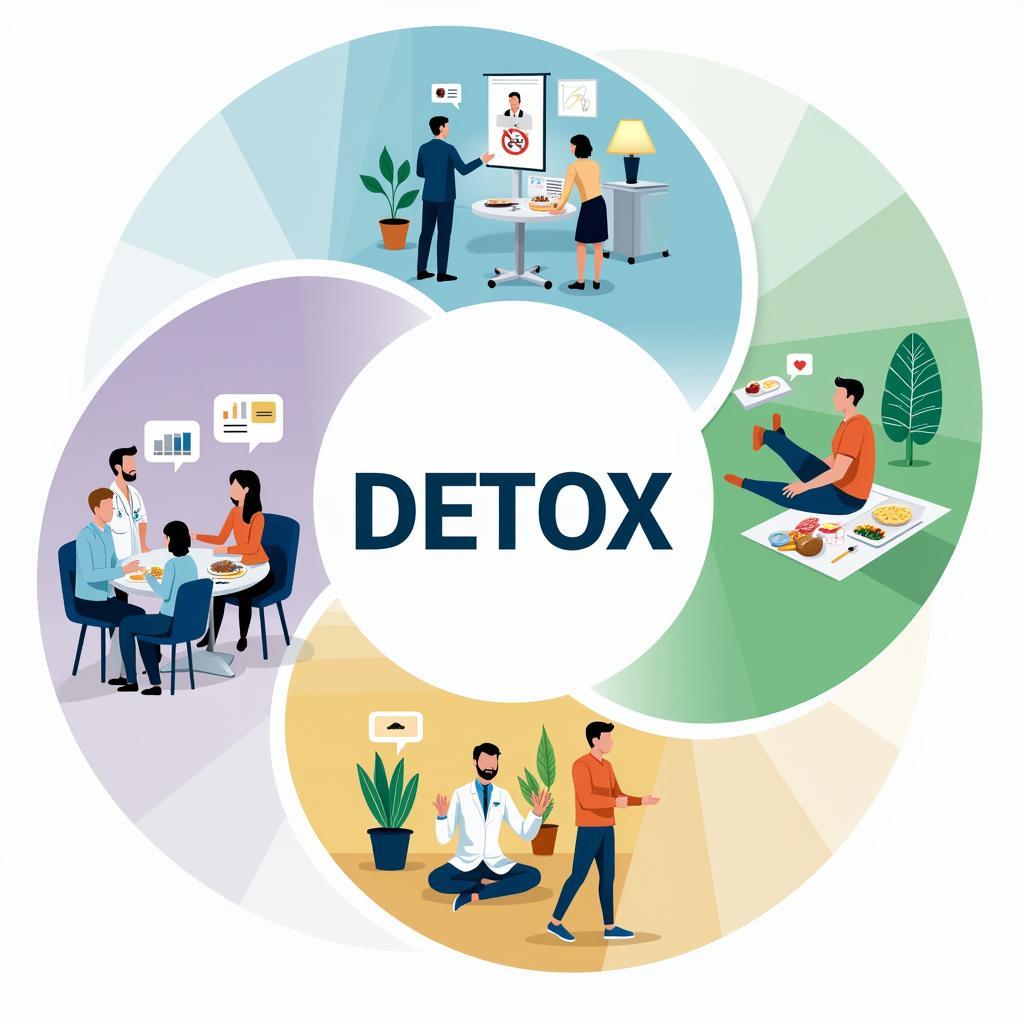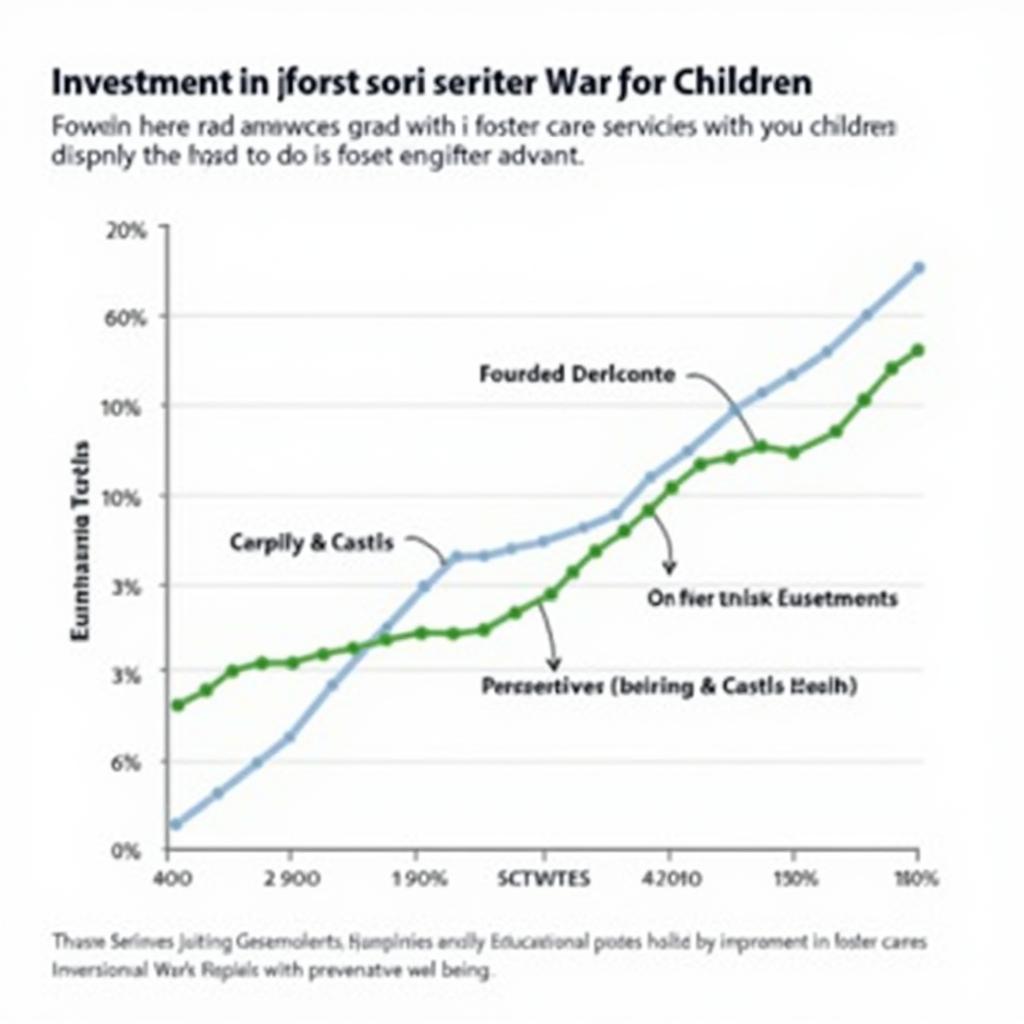Is Detox Considered Human Services or Health Care?
Detox, short for detoxification, often sits at the intersection of human services and healthcare, making it difficult to definitively categorize it as one or the other. Understanding where detox fits requires a closer look at what it entails and the context in which it’s provided. This article explores the nuances of detox, its relationship to both human services and healthcare, and the factors influencing its classification.
Understanding Detoxification
Detoxification refers to the process of removing toxic substances from the body. This can involve various methods depending on the specific substance being addressed. While often associated with substance abuse, detox can also apply to removing heavy metals or other environmental toxins. The process can range from simple lifestyle changes to medically supervised interventions, further blurring the lines between human services and healthcare.
Types of Detox
Detoxification methods vary widely. Some common types include:
- Substance abuse detox: This involves medically managing withdrawal symptoms associated with ceasing drug or alcohol use. This type requires medical supervision due to the potentially dangerous nature of withdrawal.
- Medical detox: This is a supervised process, often in a hospital setting, focusing on stabilizing patients experiencing severe withdrawal symptoms or other acute toxicity.
- Natural detox: This encompasses lifestyle changes like dietary adjustments, increased water intake, and exercise, aimed at supporting the body’s natural detoxification pathways.
- Alternative detox: This category includes various practices like chelation therapy, saunas, and specific diets, claiming to remove toxins. The efficacy of these methods is often debated.
 Different Types of Detoxification Programs
Different Types of Detoxification Programs
Detox and Human Services
The human services aspect of detox often comes into play when addressing the social and emotional needs of individuals struggling with addiction. These services can include:
- Counseling and therapy: Addressing underlying issues contributing to substance abuse.
- Case management: Connecting individuals with resources like housing, employment, and legal aid.
- Support groups: Providing peer support and fostering a sense of community.
- Social work: Assisting with navigating social service systems and addressing social determinants of health.
These services are crucial for long-term recovery and reintegration into society. They focus on the individual’s overall well-being beyond the physical aspects of detoxification.
The Role of Community Support
Community-based organizations often play a critical role in providing human services related to detox. They offer a network of support and resources that are essential for individuals navigating the challenges of recovery. These organizations often bridge the gap between healthcare and human services, providing a holistic approach to care.
Detox and Healthcare
From a healthcare perspective, detox is a medical procedure that requires careful monitoring and management. This is particularly true for substance abuse detox, where withdrawal symptoms can be severe and even life-threatening. Medical professionals play a vital role in:
- Assessing and managing withdrawal symptoms: Ensuring patient safety and comfort during the detox process.
- Prescribing medication: To alleviate withdrawal symptoms and prevent complications.
- Monitoring vital signs: To detect and address any medical emergencies.
- Providing medical stabilization: To prepare individuals for ongoing treatment.
The medical aspect of detox is crucial for ensuring a safe and effective process, particularly for individuals with severe addiction or co-occurring medical conditions.
Medical Supervision in Detox
Medical supervision is essential for managing the potentially dangerous physical and psychological effects of withdrawal. The level of medical intervention required depends on the substance, the severity of addiction, and the individual’s overall health. This can range from outpatient detox with regular medical check-ups to inpatient hospitalization for intensive monitoring and care.
 Medical Supervision During Detoxification
Medical Supervision During Detoxification
Bridging the Gap: Integrated Approaches to Detox
Ideally, detox should integrate both human services and healthcare approaches to provide comprehensive care. This integrated model recognizes the interconnectedness of physical, mental, and social well-being. By addressing all aspects of an individual’s needs, integrated programs can improve outcomes and support long-term recovery.
Conclusion
The question of whether detox is human services or healthcare isn’t easily answered. It’s often both. While the medical management of withdrawal falls firmly within the realm of healthcare, the social and emotional support necessary for sustained recovery are core components of human services. Effective detox programs recognize this interplay and strive to integrate both approaches to provide comprehensive, person-centered care. Understanding this holistic view of detox is essential for providing appropriate and effective support to individuals struggling with addiction and other forms of toxicity.
FAQ
- What is the difference between medical detox and natural detox?
- How long does detox typically last?
- Is detox enough for long-term recovery?
- What are the common withdrawal symptoms during detox?
- How can I find a detox program near me?
- What is the role of therapy in detox?
- How can family members support someone going through detox?
For further information on car diagnostics and services, please explore other articles on our website.
Need help? Contact us via WhatsApp: +1(641)206-8880, Email: [email protected] or visit us at 456 Oak Avenue, Miami, FL 33101, USA. Our customer service team is available 24/7.

